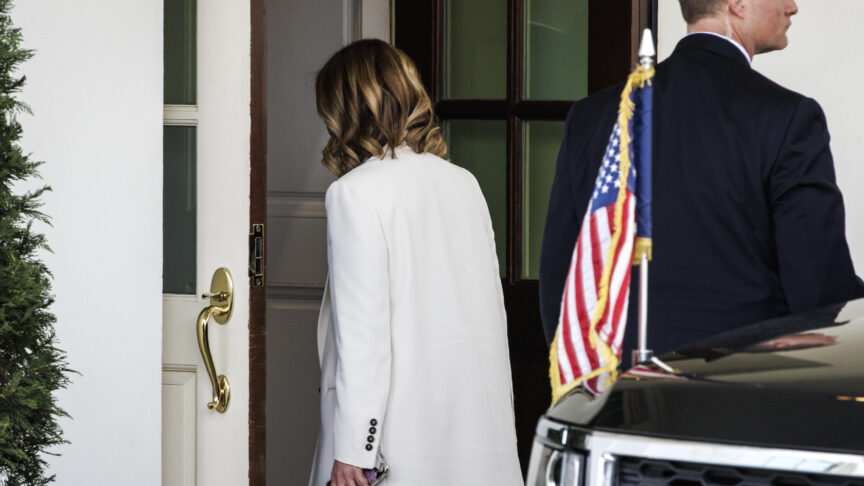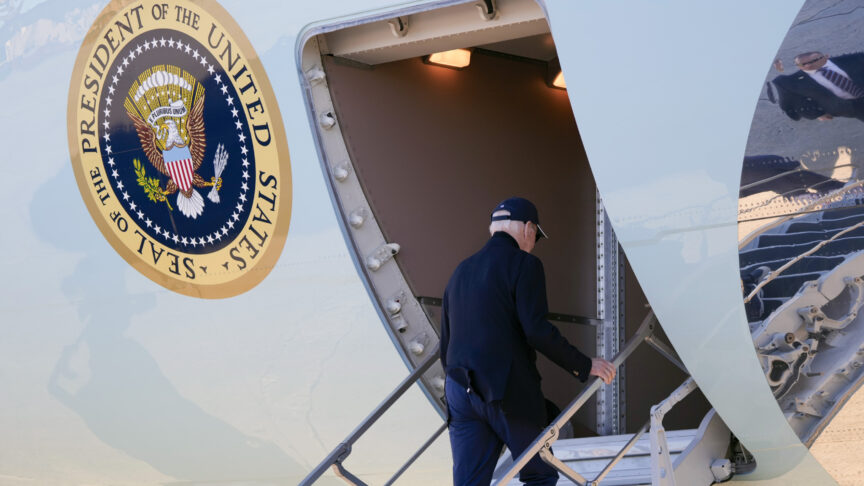War and sovereignty: How the EU can enhance its ability to act
The EU has made insufficient progress in enhancing its sovereignty, particularly in security and defence. The union now needs to overcome internal differences to bolster its external ability to act
EU leaders have long recognised that deeper European integration needs to go hand in hand with greater European sovereignty. That is, alongside cooperating with one another, European governments need to strengthen their external ability to act to avoid becoming pawns in the hands of other powers. Yet, Russia’s attack on Ukraine has laid bare the inadequacy of efforts to date to build a sovereign Europe. The European Union could not have mounted a collective response to Russia’s aggression – not much of one anyway – without American leadership. But Europeans cannot take future US engagement for granted. This makes it crucial for Europe quickly and sustainably to enhance its own ability to act.
ECFR’s new European Sovereignty Index provides an evidence-based comparison of what different EU member states contribute to European sovereignty. It assigns scores to EU member states for their capabilities and commitment to joint action in six “terrains”: climate, defence, the economy, health, migration, and technology. In doing so, it identifies Europe’s “leaders”, “strivers”, “one-hit wonders”, and “underperformers” in building a more sovereign union.
EU leaders should be under no illusion that Washington’s shifting priorities and calls for Europeans to take a greater share of the burden will diminish.
One key finding is that EU member states urgently need to boost their sovereignty in security and defence. Nominally, France (which the index scores at 8.7 out of 10 points) and Germany (6.8 points) do the best in this area. Their weight pushes the EU average to a “satisfactory” 5.9 points. Practically, however, Paris and Berlin have failed to agree on a shared vision for security and defence sovereignty – and both have struggled to win the support of other member states. Notably, French president Emmanuel Macron has never succeeded in convincing central and eastern Europeans of his plans for “strategic autonomy”. Those central and eastern EU member states, alongside some in the Nordic region, saw Russia’s war against Ukraine as a test of Paris’s and Berlin’s reliability as guarantors of European security – and both have failed.
The United States led the international effort to arm the Ukrainian resistance: American, as well as Australian and Canadian, artillery systems had made their way to Ukraine in significant numbers as early as April. Germany’s seven self-propelled artillery systems, in contrast, only arrived in late June. Furthermore, it was the American secretary of defence who convened partners at Ramstein air base in western Germany to discuss how to bolster Ukraine’s military capabilities – not France as the president of the EU Council or even Germany’s own defence minister.
A similar story has unfolded in attempts to shore up European defence against the prospect of further Russian aggression. Washington has done the heavy lifting for boosting deterrence and reassurance by deploying tens of thousands of more troops and equipment to Germany and the alliance’s eastern flank. US leaders have also led on adjusting the alliance’s defence and deterrence posture. Moreover, no European leader would deny that the United States’ nuclear umbrella is the ultimate backstop of European security against Russia, which boasts the world’s largest nuclear arsenal – and has proven itself willing to launch a major war. This all but discredits the idea of European strategic autonomy as a substitute for American engagement in European security.
But the war has been a sobering shock for Europeans, who are exhibiting a new sense of urgency in rethinking what it will take to keep the continent safe and secure. Since 24 February, many governments have announced substantial defence budget increases. ECFR’s European Sovereignty Index shows that, on average, member states’ scores for their commitment to security and defence sovereignty are twice as high as those for their capabilities. Europeans should therefore collectively bridge their critical capability gaps – so that they can shoulder the main burden of conventional deterrence against Russia and provide stability in their neighbourhood.
Individual member states will invest large sums in defence in the coming years. In view of this, the incentives proposed in the EU’s Strategic Compass document to ensure the money is well spent are urgently needed. In addition, during their meeting in Versailles in March 2022, EU heads of state and government tasked the European Commission and the European Defence Agency with making concrete proposals on how to collectively close investment gaps and strengthen the European defence industrial and technological base. These proposals are now on the table; they complement existing instruments such as the European Defence Fund and Permanent Structured Cooperation and they boast additional financial firepower. The EU should implement them swiftly. The main objective should be to jointly procure and develop military capabilities in the EU framework that can also bolster NATO’s deterrence and defence capacity.
But the European Sovereignty Index also reveals a clear divide within the EU. On the one hand, some member states – mainly those that have joined the EU since 2004 – see US security guarantees as their main form of life insurance; on the other are those that consider the EU to be an important player in security and defence (or would like it to become one). Therefore, to secure more central, eastern, and northern European support for EU initiatives, it will be necessary to pursue solutions that keep the US engaged in Europe. At the same time, those countries that have so far been sceptical of a bigger role for the EU in security and defence need to engage more constructively in the ongoing discussion in the EU framework, responding with their own alternatives to what they see as misleading ideas. Denmark abandoning its EU security and defence policy opt-out and Finland and Sweden joining NATO are promising developments in terms of coherence in European security and defence policy.
Europeans can no longer afford to bicker about which organisation should provide the central framework for European sovereignty. A networked approach, comprising overlapping cooperation through the transatlantic alliance, the EU, and bilateral and minilateral formats, holds the greatest potential for Europeans to close critical capability gaps and generate combat readiness.
The transatlantic relationship is currently strong. But EU leaders should be under no illusion that Washington’s shifting priorities and calls for Europeans to take a greater share of the burden will diminish. As the European Sovereignty Index shows, Europeans have the potential to play a much bigger role in defending the European project, their security, and their economies against a determined aggressor. Russia’s attack on Ukraine and other looming challenges make this more urgent than ever.
The European Council on Foreign Relations does not take collective positions. ECFR publications only represent the views of their individual authors.



